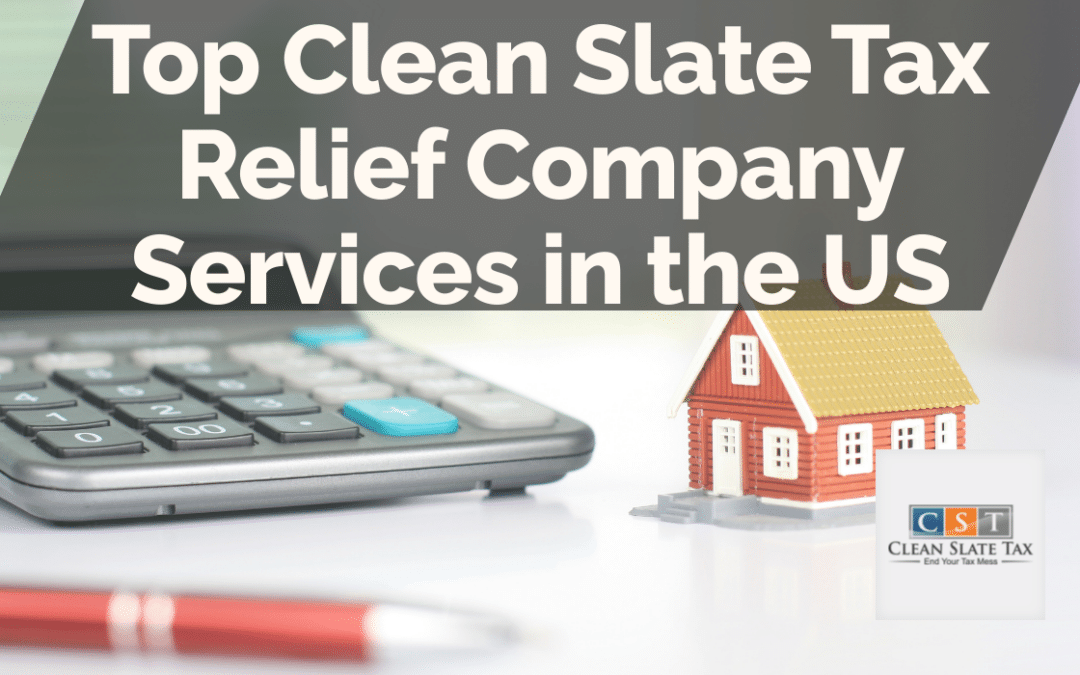Introduction
Navigating the planet of income tax reporting may typically believe that an expedition by means of an intricate maze, especially when taking care of forms that call for strict attention to particular. One such kind is actually Form 8300, which is critical for organizations and also people who receive large cash remittances. This write-up targets to demystify Form 8300 through delivering comprehensive, bit-by-bit guidelines for accurate coverage.
By completion of the resource, you'll certainly not just know the basics of Kind 8300 but additionally be actually equipped with the devices required to ensure conformity along with internal revenue service requirements. Therefore take hold of a mug of coffee (or herbal tea), sit back, and also permit's dive into the crucial details.
Understanding Kind 8300: What Is It?
What Is Type 8300?
Form 8300 is a documentation called for by the Irs (INTERNAL REVENUE SERVICE) that mentions cash money transactions going beyond $10,000. Its own key purpose is to deal with money washing as well as various other monetary criminal offenses. If your company gets such remittances in a single transaction or even related transactions, you're legally bound to file this form.
Why Is actually Form 8300 Important?
The significance of Type 8300 can not be actually overemphasized. By calling for organizations to mention sizable cash deals, it assists maintain clarity in monetary dealings and also protects against unauthorized tasks. Failing to submit this kind may result in sizable greats or perhaps criminal charges.
Who Necessities to Submit Kind 8300?
Any business body or person that gets over $10,000 in cash needs to file Type 8300. This includes:
- Retailers Service providers Real real estate agents Car dealerships Casinos
If you come under any of these categories and handle big cash repayments, this form is actually essential.
Key Phrases Connected to Kind 8300
Cash Definition in IRS Terms
For IRS stating functions, "cash money" isn't just dollar costs; it includes:
- Coins Currency Traveler's checks Money orders
Understanding what qualifies as money will definitely aid guarantee that you're properly disclosing transactions.
What Makes up Relevant Transactions?
Related transactions occur when various cash remittances are actually created through a single person in close opportunity proximity-- usually within a solitary company day or full week-- completing much more than $10,000. Recognizing these nuances can spare you from pricey mistakes.
Step-by-Step Directions for Submission Document 8300
Step 1: Compile Required Information
Before diving into submitting Application 8300, compile all appropriate information from both your organization documents as well as the payer:
Your Service Relevant information: Call, handle, and Company Id Variety (EIN). Payer Details: Name, address, Social Safety and security Variety (SSN) or EIN. Transaction Information: Day of purchase as well as total amount received.Step 2: Accessing the Form
You can access Form 8300 directly coming from the IRS website Ensure you are actually using one of the most current model available.
Step 3: Filling in Part I - Payer Information
In this part, you'll give information concerning the individual or even company creating the settlement:
Name Address SSN or even EINStep 4: Completing Part II - Service Information
Provide your service information here:
Your Name Business Address EINStep 5: Filling Out Part III - Purchase Details
This part concentrates on specifying the deal on its own:
Date Received Amount Received Nature of Business (supply a quick description)Step 6: Customer review Your Entries
Before submitting your document, customer review all entries painstakingly to stay away from errors that could bring about penalties.
Step 7: Send the Form
You can easily submit Document 8300 through mail or even electronically through a licensed e-filing platform acknowledged by the IRS.
Common Blunders When Submitting Form 8300
Mistake # 1: Unfinished Payer Information
One vital blunder organizations create is actually falling short to gather comprehensive info coming from payers-- particularly their SSN or even EIN-- which can cause issues down the line.
Mistake # 2: Not Reporting Related Transactions
As mentioned earlier, if multiple purchases surpass $10,000 collectively within a quick duration but may not be mentioned as relevant transactions, it could result in non-compliance penalties.
What Takes place After You File?
Once sent efficiently:
You'll get confirmation coming from the IRS. The internal revenue service may conduct a review if they think irregularities. Keep copies for your records as proof of compliance.Consequences of Certainly not Filing Kind 8300
Failing to file this vital record possesses serious repercussions:

Frequently Asked Inquiries (Frequently asked questions)
FAQ # 1: Exactly how very soon perform I need to have to file Kind 8300 after receiving cash?
Answer: You should submit Kind 8300 within 15 days after receiving greater than $10,000 in cash.
FAQ # 2: Can I e-file Type 8300?
Answer: Yes! You can electronically submit with particular accredited e-file providers acknowledged due to the IRS.
FAQ # 3: Suppose I erroneously filed an improper form?
Answer: If you have actually filed incorrectly, you must repair it by providing a brand-new type together with a description of what went wrong.
FAQ # 4: Perform I need to have to state cashier's look at Kind 8300?
Answer: No! Cashier's examinations perform certainly not add up as "cash" under internal revenue service meanings unless they are actually acquired in conjunction with various other sorts of remittances going over $10,000 total.
FAQ # 5: Exists a penalty for filing late?
Answer: Yes! There is actually usually a penalty linked with late entries which varies based on just how overdue you are as well as whether it's your very first outburst or redoed violations.
FAQ # 6: Are there exceptions where I do not need to file?
Answer: Certain exemptions exist-- for instance, if you get cash https://canvas.instructure.com/eportfolios/3756420/home/understanding-the-internal-revenue-service-fresh-start-plan-exactly-how-taxpayers-can-easily-qualify-for-relief money as component of a purchase for items that are sold promptly with no handling included; nevertheless, these scenarios are actually limited.

Conclusion
In outcome, understanding and effectively filling out Form 8300 is actually important for any transaction with big cash money transactions over $10,000-- a criteria that should not be actually ignored! By following our thorough step-by-step directions laid out above along with recognition regarding popular mistakes and also prospective consequences for non-compliance-- you are actually currently much better prepared than ever!
Remember that staying updated maintains your procedures managing effortlessly while making certain fidelity to legal needs-- your peace of mind costs it! Thanks for resting today; our team hope you've found our manual helpful!
This post has focused on providing clearness around Form 8300 Demystified: Step-by-Step Directions for Accurate Reporting while making sure conformity solutions are know completely by all audiences curious about this vital part of economic reporting!